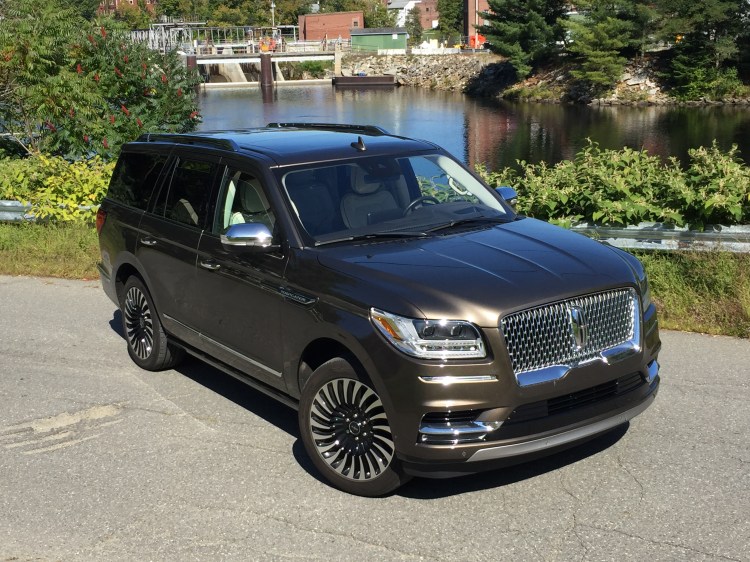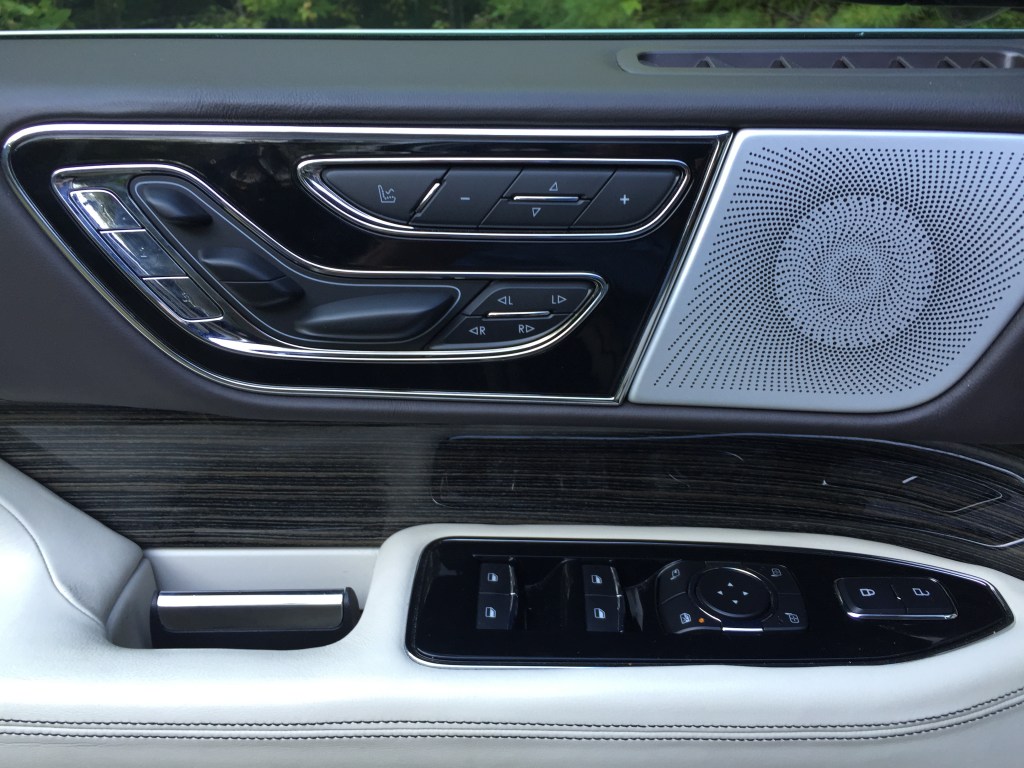In a recent edition of Autoweek magazine, one of America’s longest running industry journals covering cars, racing, and car-life in America, editor Natalie Neff perfectly highlighted the rapid, but still subtle, transition that has occurred for many consumers ownership experience. She states, “My experience in the car matters more than my experience of the car.”
Given the state of today’s driving fleet, immensely capable in most facets of operation and use, plus the heightened dependability of today’s vehicles (honestly, who among you has had to change a tire, jump a battery, or gap your spark plugs recently?) as well as the incredible advances in features and comfort components added to even the most mundane of vehicles, our driving has become mostly about the interior of our vehicles rather than the mechanicals and the hardware that get the trip done.
For premium class buyers, this has always been a large percentage of ownership—the pieces that set these expensive vehicles apart from the mainstream driving fleet. This is never more apparent in the latest Lincoln Navigator, presented here in Black Label trim in Chroma Molten Gold ($1,750) paint.
For well over a decade, Ford let its full-size Expedition and Navigator SUV’s whither on the vine, ceding market share to the offerings from General Motors named Tahoe, Yukon, Escalade, and Suburban. Despite the Navigator originally setting the American SUV standard, GM’s lineup has crushed the Ford offerings in the showroom for many years—the opposite of what happens with the pickup lineups.
During this span, the lost years before and after the 2008 economic shock, Ford muddled through many corporate decisions with its luxury marquee. There was an emphasis to bend towards Euro-inspired sedan offerings after ending production of the Town Car—the brand’s signature (and top selling) model. The Continental returned, then it didn’t, and then it did again, confusing consumers. Car labels became an alphabet soup of nothing-ness, denoting confusion and abandoning consumer loyalty built up over decades of competition with Cadillac.
Lincoln’s overall sales cratered, dropping to the bottom of a segment it once battled for leadership. Even Volvo, with its own glass ceiling to break through, outsold Lincoln.
Two years ago, Lincoln found its direction. And it wasn’t in selling four-door sedans, but in SUV’s. Crossovers, trucks, utility wagons, whatever you want to call them, Lincoln is going to pitch proper luxury vehicles that are not cars, yet are more luxurious and performance capable than its recent sedan lineup.
The Navigator was first, debuting to accolades. Featuring an independent suspension all around instead of a solid rear axle, the biggest Lincoln is plush on the road. The giant 21-inch wheels shown look great, but with gobs of un-sprung weight, the oversize tire and wheel combo lacks some of the ride compliance evident with smaller packages. Cornering agility is composed, highway travel is gracefully sporty. The cabin is hushed like few others.
Gone is a hulking V-8, replaced by a smooth, quiet, twin-turbo V-6 making either 411-hp or 450-hp ahead of a 10-speed automatic. Properly equipped, the three-row Lincoln can haul 8,300-pounds and earns EPA estimates of 16/21/18-mpg with selectable mode AWD.
However, it’s the features that wow drivers. Buyers are finding hands-free liftgates, LED lighting all around, plus expandable electronic instrument clusters standard on most offerings today.
The Navigator adds power folding running boards, a washer for the rear view camera, and a 12-inch info panel with user-friendly touch-points. Of course the exterior lamps illuminate when you approach. Certainly, the leather steering wheel is heated and moves with the memory seats. And why wouldn’t the third row seats fold flat into the floor electronically.
You also get 4G Wi-Fi, remote starting, a panoramic roof, Venetious leather and a Dinamica headliner that helps with noise suppression. Black Label adds nautical-themed wood and metal interior trim, 20-speaker Revel Ultima Audio system, as well as the brand’s technology package and adaptive suspension. Only two options remain; the Perfect Position 32-way power seats with massage $1,250, plus rear entertainment screens with rear console, $1,995. The massaging seats are just plain terrific.
The road manners are good, the powertrain is responsively swift, while the interior is opulent by any measure. Pricing starts at just over $72,000; while our Black Label model listed for $99,895.
Joined by Nautilus, Aviator, and soon the compact-class Corsair, Lincoln is looking to make lots of noise in the luxury SUV market. Sales are increasing, optimism is rising, and dealers finally have products that consumers have asked for. Will Lincoln be able to return to the top echelon of the American luxury market? We’ll soon know.
Copy the Story LinkComments are not available on this story.
Send questions/comments to the editors.




